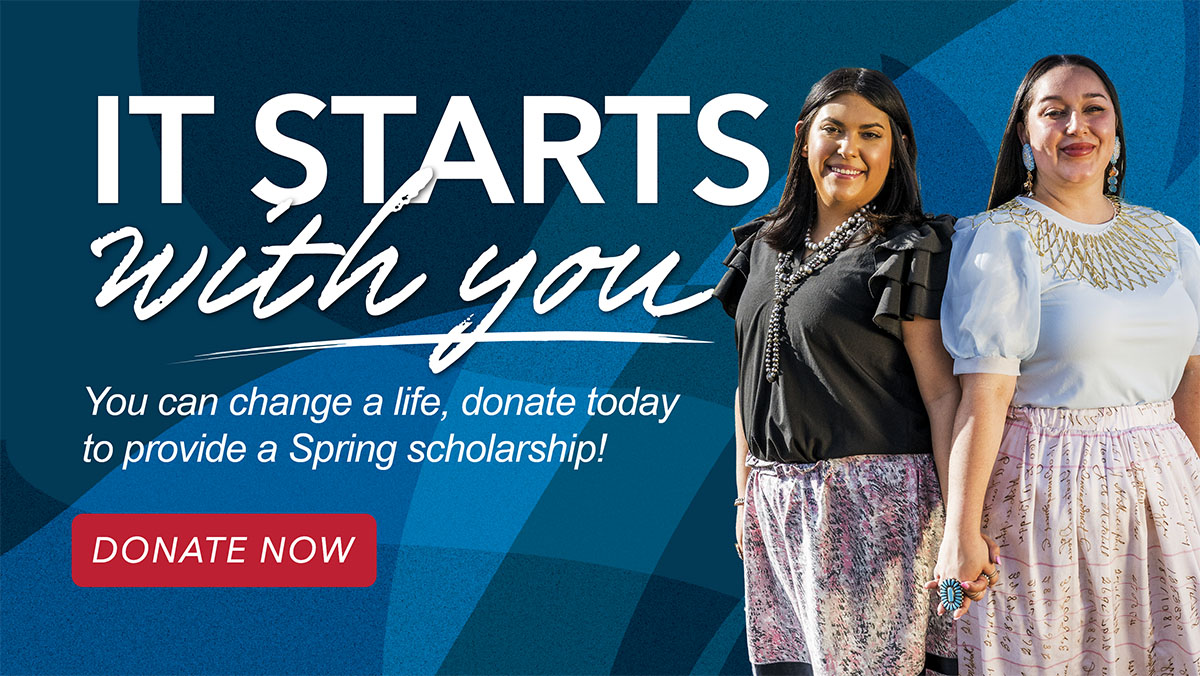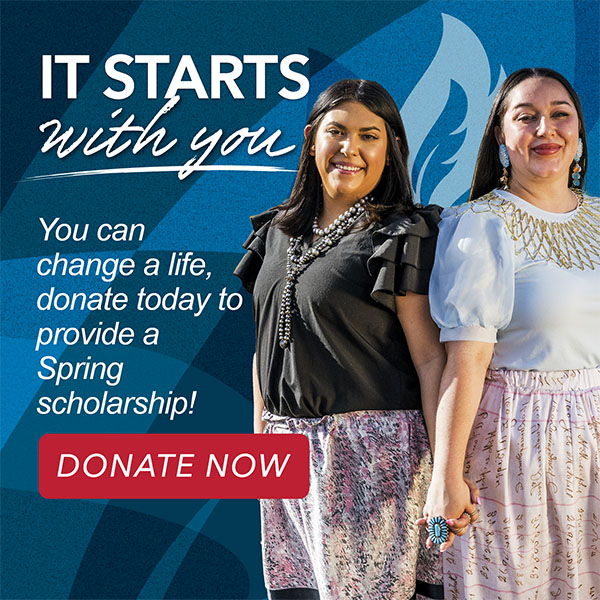Virtual Book Club
Author Mona Susan Power & American Indian College Fund President Cheryl Crazy Bull
A Council of Dolls
Tuesday, March 26 2024 @ 12pm MT
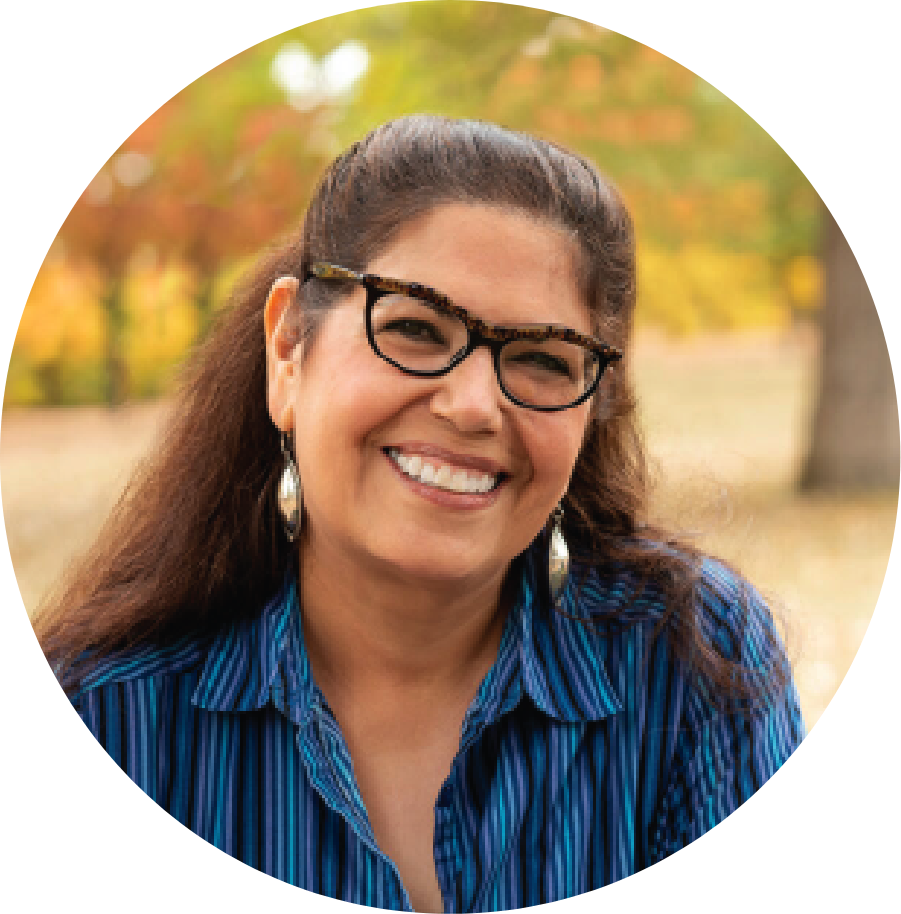
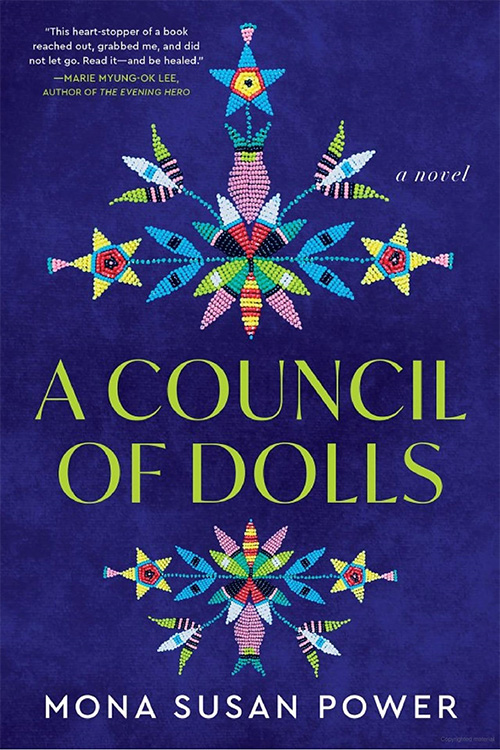
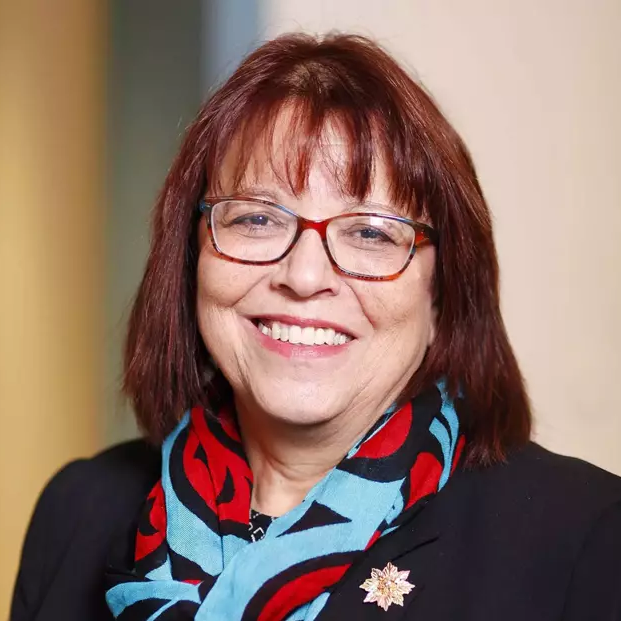
A Council of Dolls by Mona Susan Power
Mona Susan Power is the author of four books of fiction: The Grass Dancer (awarded the PEN/Hemingway prize), Roofwalker, Sacred Wilderness, and A Council of Dolls (longlisted for the National Book Award). Her short stories and essays have been widely published in journals, magazines, and anthologies, and her essay, “Bloodthread,” is forthcoming in The Georgia Review. Power is an enrolled member of the Standing Rock Sioux tribe (Iháŋktȟuŋwaŋna Dakhóta), born and raised in Chicago. She currently lives in Minnesota.
Additionally Answered Questions
Is Mona working on a new book? how about “The Year of Fury”?
Yes! I’m actually back to work on a novel I began writing in 2014. The working title is Harvard Indian Séance at the Lizzie Borden Bed & Breakfast, which focuses on the experiences of five Native American students at Harvard who rent out the B & B their senior year for a final adventure together. I used part of a literary fellowship I received from the Native Arts and Cultures Foundation to rent out the Lizzie Borden B & B for a night (where the infamous murders took place), as part of my research on the novel. The Year of Fury is a novel that started cooking in my imagination after I completed writing A Council of Dolls, but it needs more time to develop.
Various environmental groups now start their webinars honoring the Native Americans who lived there in the past. Do you think that has helped people recognize the history of Native Americans?
I think it’s an important first step in acknowledging the past and continuing connection Native people have to our ancestral territories, indirectly alluding to the massive land theft that displaced Indigenous people on this continent.
Do you think that Deb Haaland has helped Native Americans in her prominent role in government? I think she has helped to protect Native American sacred sites.
Yes!
For more information: https://www.themomentum.com/articles/profile-on-deb-haaland-sustainability-efforts-accomplishments
What are some concrete ways a non-native person can be an ally? What exactly can I do? What should I avoid doing? what are some well-meant but inappropriate or unhelpful things NOT to do?
Probably the best advice I have for those who desire to be allies, which I appreciate, is to research what’s happening in Native country regarding the Land Back movement, and so many other specific issues we’re contending with across the country. Then support these efforts financially, and/or via contacting governmental officials, or in whatever way the cause recommends. Now that we have the Internet it is so much easier to do this kind of digging, perhaps beginning with Native American publications and organizations such as Indian Country Today, and NDN Collective.
To be honest, what can be exhausting is the expectation that every Native person is a spokesperson for all of Native country, and an expert on everything pertaining to Native American issues and history.
Please talk about the reclamation of language as a factor in cultural preservation.
I’m a fiction writer and not an expert in this field, but I can say that I’m deeply grateful for the various Indigenous language preservation programs that are gaining momentum across the country. I was so grateful to be able to take an online course in the Dakhóta language in recent years—which went far beyond learning a vocabulary for communication purposes, but also became a study of Dakhóta philosophy, spiritual beliefs, and values, since we unpacked the deeper meaning behind each word. Language is culture. Language is spirit. Language connects us directly to ancestors.
Do you think the loss of some of the practices of the ceremonies that happen at each stage of life has built up the thought of carrying the trauma of ancestors with you?
My apologies, but I’m not sure I fully understand this question. First I’ll say that the idea that we carry the trauma of ancestors inside our bodies is a concept studied in the field of epigenetics. Certainly, much of this trauma no doubt stems from the sustained program of cultural genocide carried out against Native communities for generations. Quoting Dr. Sousan Abadian, who studies Collective Trauma: “The most extreme types of collective trauma are sociocultural: it’s not just an aggregation of individual traumas, but disruption of the fundamental institutions of society, and of its ‘immune system’ that can restore people and repair a culture.”
I fully believe that recovering our cultural and spiritual practices are vital to our physical, mental, and community health.
For those who are interested, here’s an article on Abadian’s work re: Collective Trauma recovery:
https://www.harvardmagazine.com/2008/03/trails-of-tears-and-hope-html

